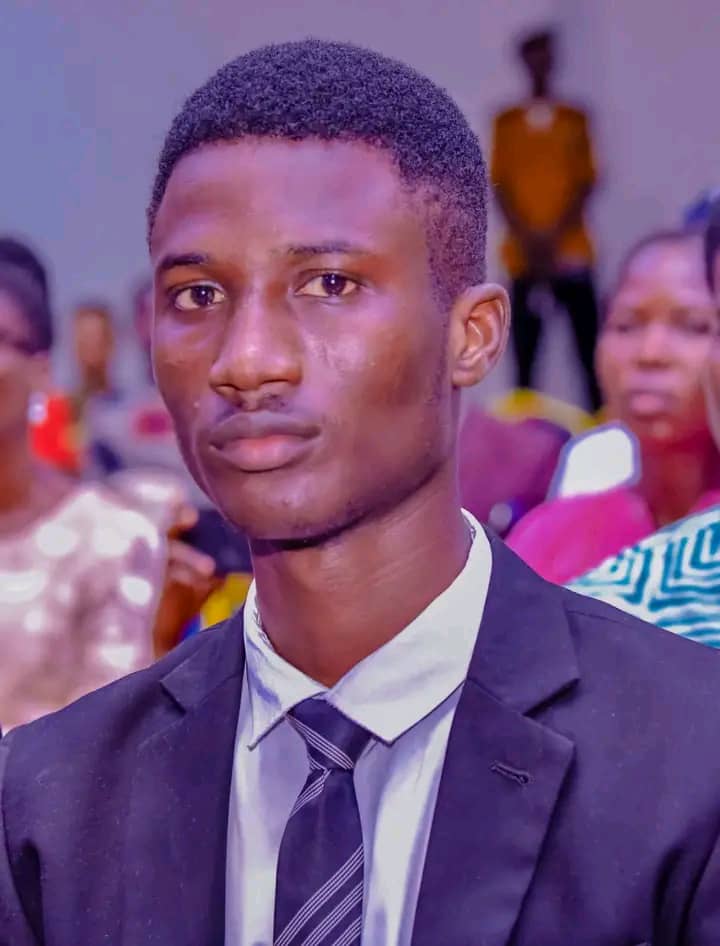“What is the Purpose of our Learning?”

By: Oluseun FATOPE
In the storied lecture halls of the University of Ibadan’s Faculty of Arts, markers scratches across whiteboards, and grand theories resonate through the ages. Yet, among today’s students, a pressing question drowns out even the most eloquent lectures: what does all this learning mean for life after graduation?
A recent survey by AFAS Press among the faculty of Arts students uncovers a growing sense of unease. Some feel a disconnect between their studies and the skills demanded by today’s world. Some chose their courses with passion; others landed in them by chance. But now, more than ever, they’re wondering if their time in the faculty is equipping them for the modern job market.
“The Course Chose Me”
Anu, a third-year History student, didn’t plan to be here. “I wanted to study Law,” she said frankly, but circumstances led her to History. She’s not alone. Many students shared that their course was “assigned” to them, leaving them to wrestle with finding practical value in a path they didn’t choose.
Passion, though, still burns for some. Esther, studying English, calls her course “tough but the best choice I could’ve made.” Olanrewaju, a Theatre Arts student, simply said, “I love it.” Yet even for the passionate, enthusiasm alone can’t bridge the gap between academic theory and real-world application.
Practical Experience? Sometimes…
The Faculty of Arts is renowned for sharpening minds through analysis and debate, but hands-on learning is often in short supply. The survey revealed a mixed picture: Theatre Arts students, like Demilade, frequently take part in live performances or media projects, but students in History, Archaeology, and English often lack similar opportunities. Demilade spoke proudly of her stage work but admitted it’s sometimes “disorganised” and exhausting, pointing to a need for better structure even in practical-heavy departments.
An Archaeology student was more direct: “I struggle to connect with how people lived in the past,” she said, highlighting a lack of immersive fieldwork, crucial for her field. Ayomide, a History student, raised another hurdle: cost. “Fieldwork would be brilliant, but it’s expensive,” she noted. Meaningful practical training often demands resources that neither students nor departments could easily afford.
From Lectures to Limbo
Most students described their learning as a blend of dictated notes, class discussions, and presentations. While these methods work for some, they often feel outdated, failing to prepare students for today’s dynamic industries. Few mentioned using online tools or fieldwork as core parts of their studies, and many longed for more hands-on projects or internships.
Some students are carving their own paths. David, a Theatre Arts student, finds relevance in media work outside his course. Esther has taught herself journalism skills. Another English student has turned to freelance novel-writing to build a career. These self-driven efforts show initiative; but they also suggest students are compensating for gaps in their education.
Hope Mingled with Doubt
When asked how confident they feel about their degree leading to success, most students hovered around the middle ground. Few were fully optimistic. A recurring plea ran through their answers: they want more practical training, clearer career pathways, and opportunities to engage with the world beyond campus.
Anu summed it up: “The course is decent, but the department isn’t preparing us for life after uni.” Ayomide captured the promise of an Arts degree: “It’s not about shaping you into one job—it gives you skills to shine in any career.” But without guidance, that versatility can feel like a maze.
Students had ideas for change—more projects, internships, career guidance, and research opportunities. These aren’t just grumbles; they’re thoughtful suggestions for how the faculty could evolve.
Time for Change
The Faculty of Arts has long been a beacon of intellectual tradition at UI, nurturing thinkers, writers, and cultural leaders. But in a world of rapid innovation, digital demands, and fierce job markets, tradition alone won’t do. Students are not calling for the faculty to abandon its heritage, but they’re asking for it to grow. They want History students exploring historical sites, Linguistics students consistently using audio labs, Archaeology students digging or digitising heritage, and English students mastering digital storytelling. They envision Theatre Arts collaborating with Nollywood, Communication and Language Arts diving more into industrial training and experience , and Philosophy blending debate with public speaking or policy analysis.
They’re asking for relevance, built into the curriculum itself. Until that shift happens, students aren’t standing still. Many are taking matters into their own hands; taking online courses, joining societies, freelancing, writing, performing, or, like David, even trading forex to “stay afloat.” These efforts are inspiring, but they should complement their degrees, not replace them. Ultimately, it’s up to the faculty to answer the students’ question: “What are we learning for?” Not with lofty promises, but with clear, practical pathways to a future that values their skills.
image credit : Wikipedia commons







